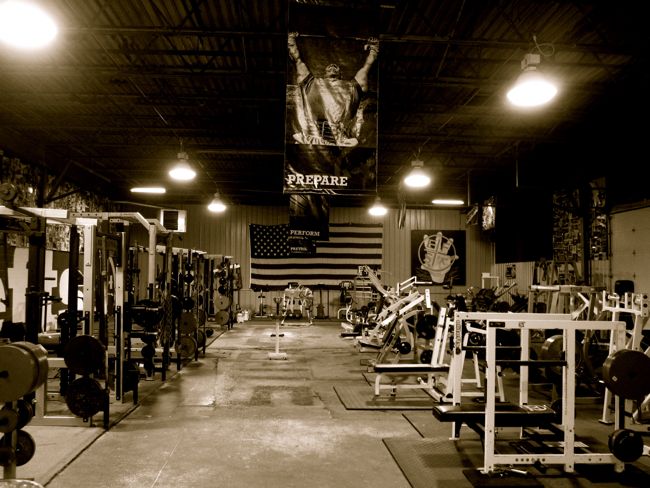
“One who lacks the courage to sign his true name to his views must be aware that what he is saying is meaningless and that he therefore cannot expect others to take notice of it.” —Rabbi Samson Raphael Hirsch, 1877
Powerlifting isn't a sport that lacks for melodramatic opinions. It seems there’s always something apocalyptic happening that threatens to destroy or ruin powerlifting. “Say goodbye to powerlifting” and “the death of powerlifting” were two recent comments along these lines about a squat at the August SPF Pro/Am.
Others see powerlifting’s ruination in the existence of non-tested competitions. As Jan Todd wrote in a 2007 article about Ernie Frantz’s historic lawsuit against the USPF and IPF, “…powerlifting, a once budding field of athletic endeavor, was destroyed in part by drug use…” (#). For a sport that has been destroyed, powerlifting looks strangely vibrant given the amount of meets held around the world each year.
At least Dr. Todd has the integrity to put her name behind her claim. In today’s powerlifting scene, that’s saying a lot. Vicious, anonymous cowardice characterizes all too much of powerlifting discussions today (using the word “discussions” very loosely). For example, a powerlifting site recently featured a training video by a top female lifter. One of the responses was an anonymous insinuation that she uses steroids (which is also an insinuation of criminal conduct).
Other spineless trash isn’t difficult to find, ranging from pseudonyms to anonymous handles. Writers persecuted by dictatorships like Andrei Sinyavsky and Zhao Zhenkai had a legitimate reason to use pseudonyms. American powerlifters don’t fall into this category. There’s something especially pathetic about strength athletes hiding behind fake identities.
Jim Wendler writes in the beginning of 5/3/1 for Powerlifting on the state of the sport, “…there is a tremendous amount of negativity and hatred being spewed back and forth. If I were new to the sport, I wouldn’t want any part of it.” Anonymity enables that toxic environment. Mike Wolfe, one of less than sixty lifters to ever bench press 600 pounds raw, comments on anonymous posting and its effect on the sport:
“My view on anonymous posting is that it is ridiculous. Grow a set and voice your opinion like a man. It is just way too easy to sit back and run off at the mouth without any real life retribution. The effect it is having on the sport is a lot of your top pro lifters won’t post anymore cause they know someone is going to post something anonymously to try and break them down or get a rise out of them. Trolling on the net in general is out of hand, but in our beloved sport, it is straight up out of control and is killing any valuable knowledge the top guys may be willing to pass on freely.”
While Internet anonymity is a contemporary phenomenon, the roots of this issue are ancient. In Plato’s Republic, there is a discussion of the Ring of Gyges, which makes its wearer invisible and presents major ethical implications. Internet anonymity is also a form of invisibility with similar implications.
Sociologist C.J. Pascoe recently discussed internet anonymity on National Public Radio after a caller described being filmed during a manic episode. The video was posted on YouTube followed by several defamatory and aggressive comments. “Anonymity breeds or allows people to be evil,” Pascoe remarked. “When people are anonymous, as many of those posters were when they were commenting on her, quote unquote, crazy video, we know that allows people to be a lot more evil.”
When people are accountable for their words, certain behaviors tend to decrease. Some people will be obnoxious regardless, but in general, greater civility prevails. If the powerlifting world wants to improve its public image and internal quality, greater accountability is in order through proprietary and community action.








